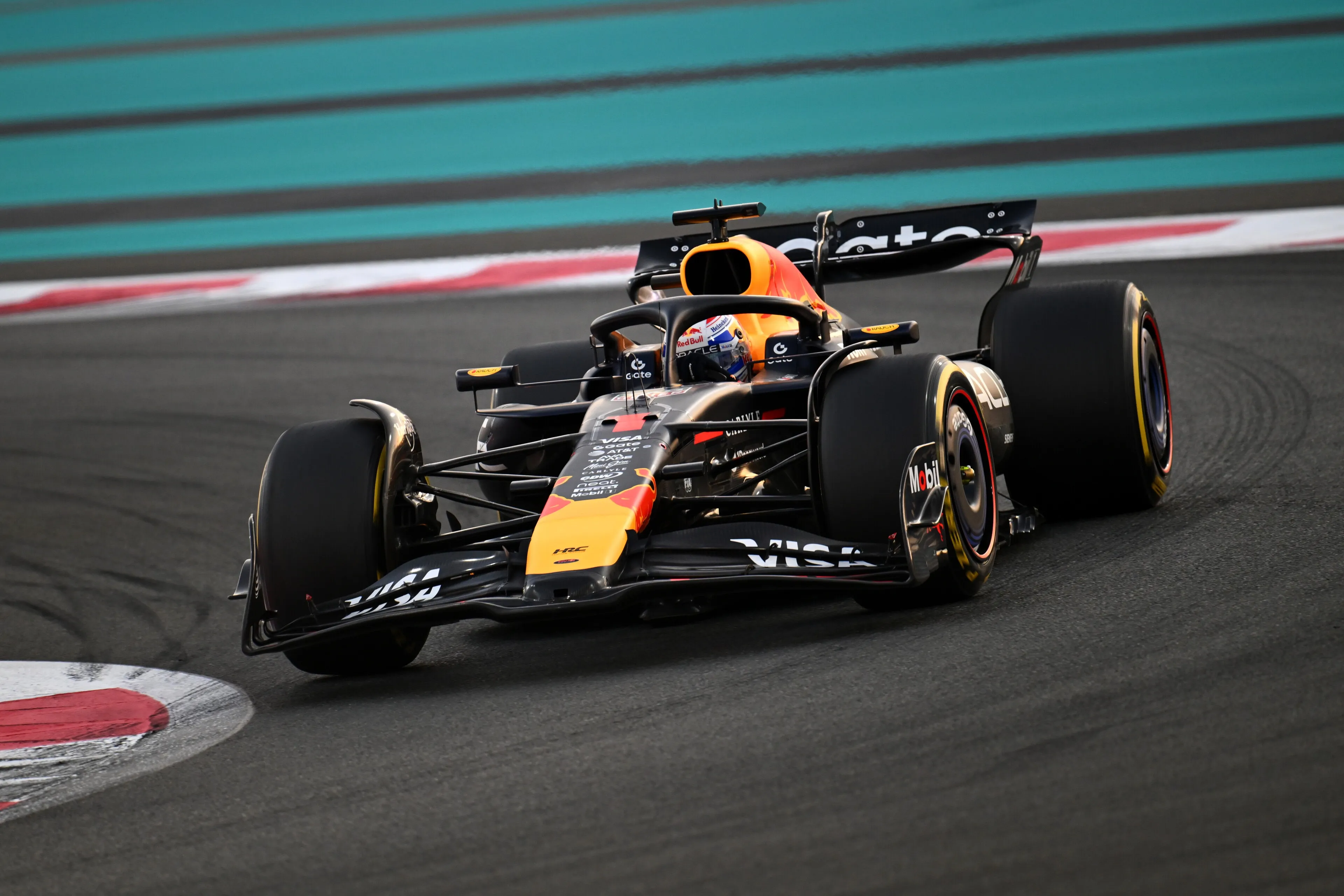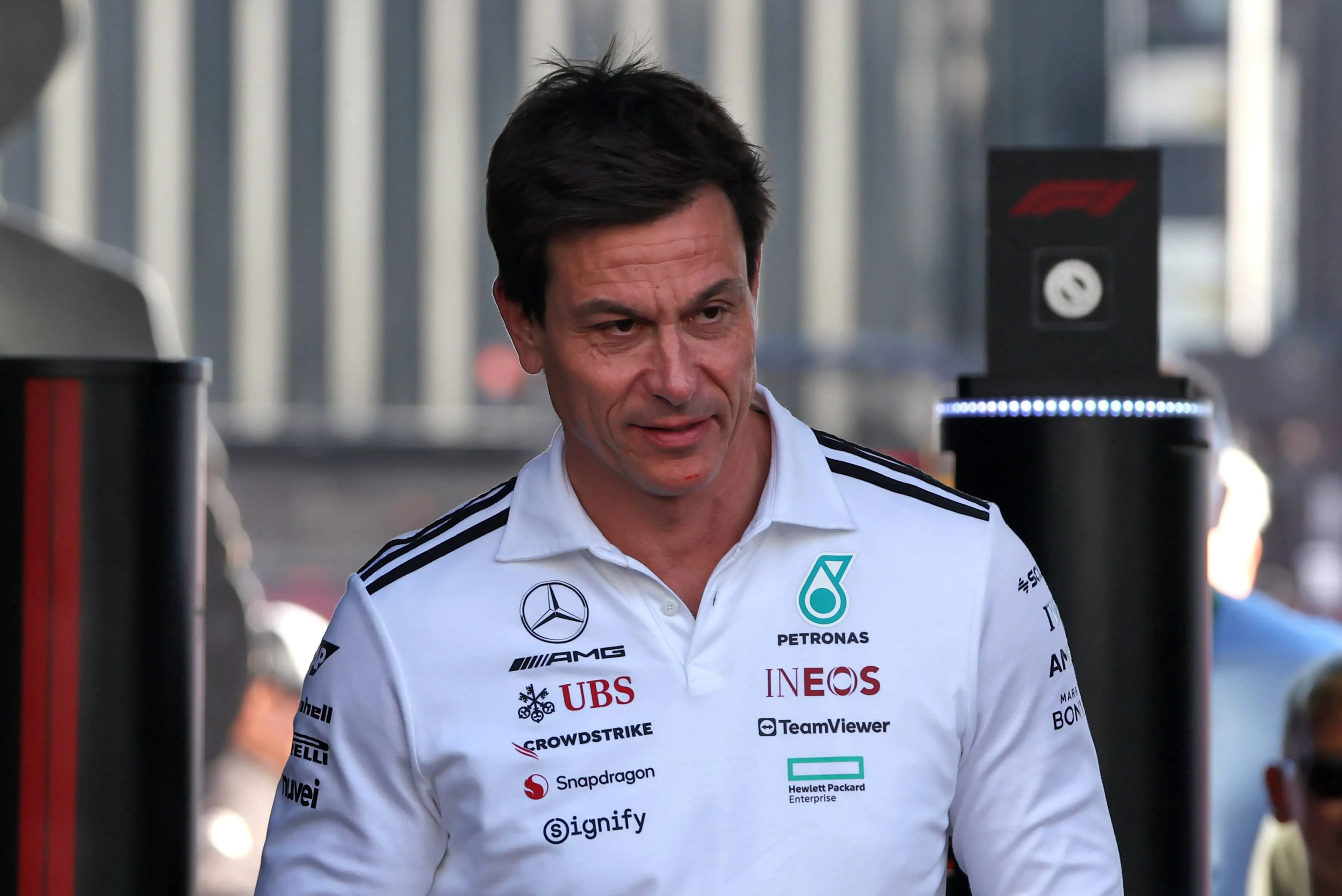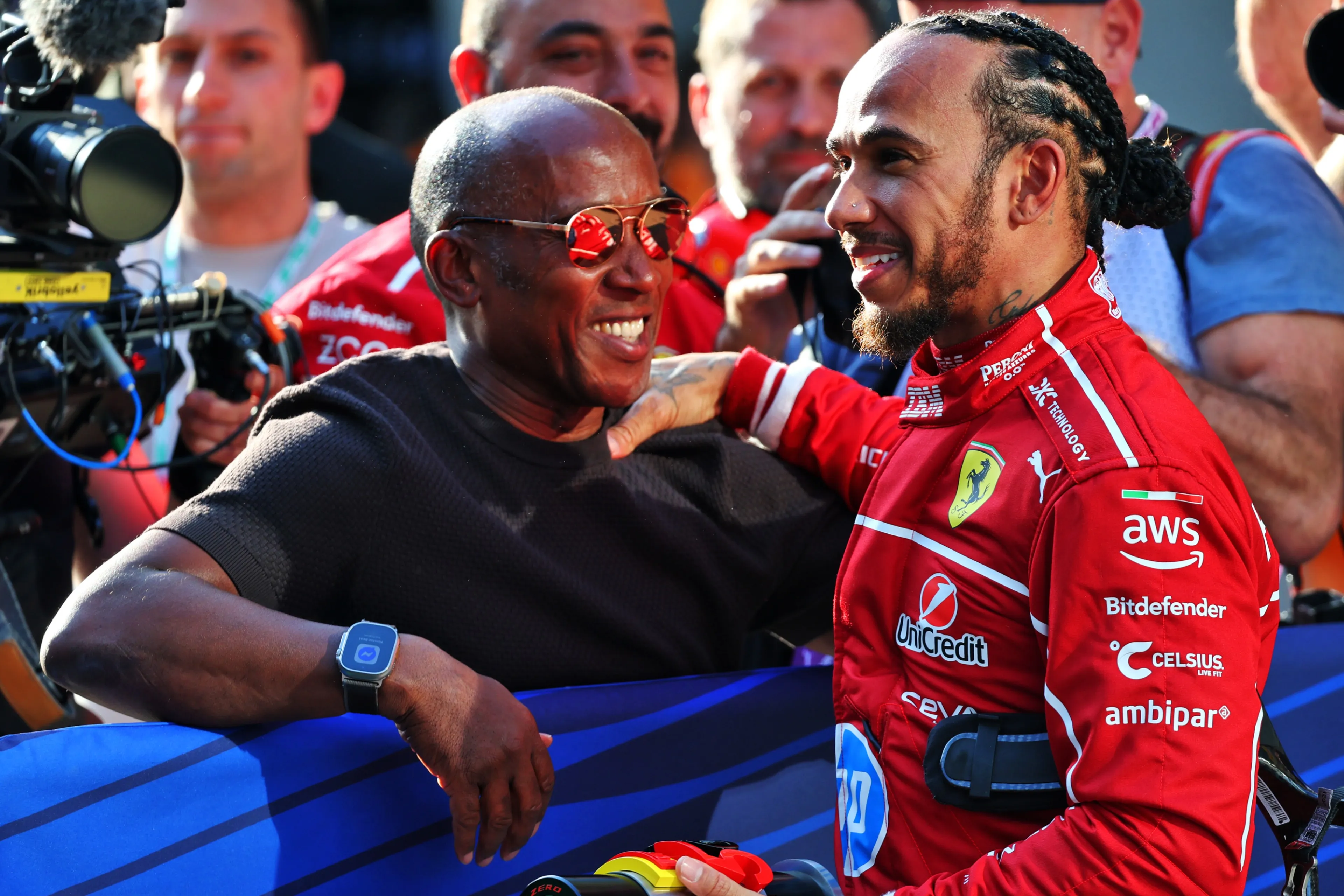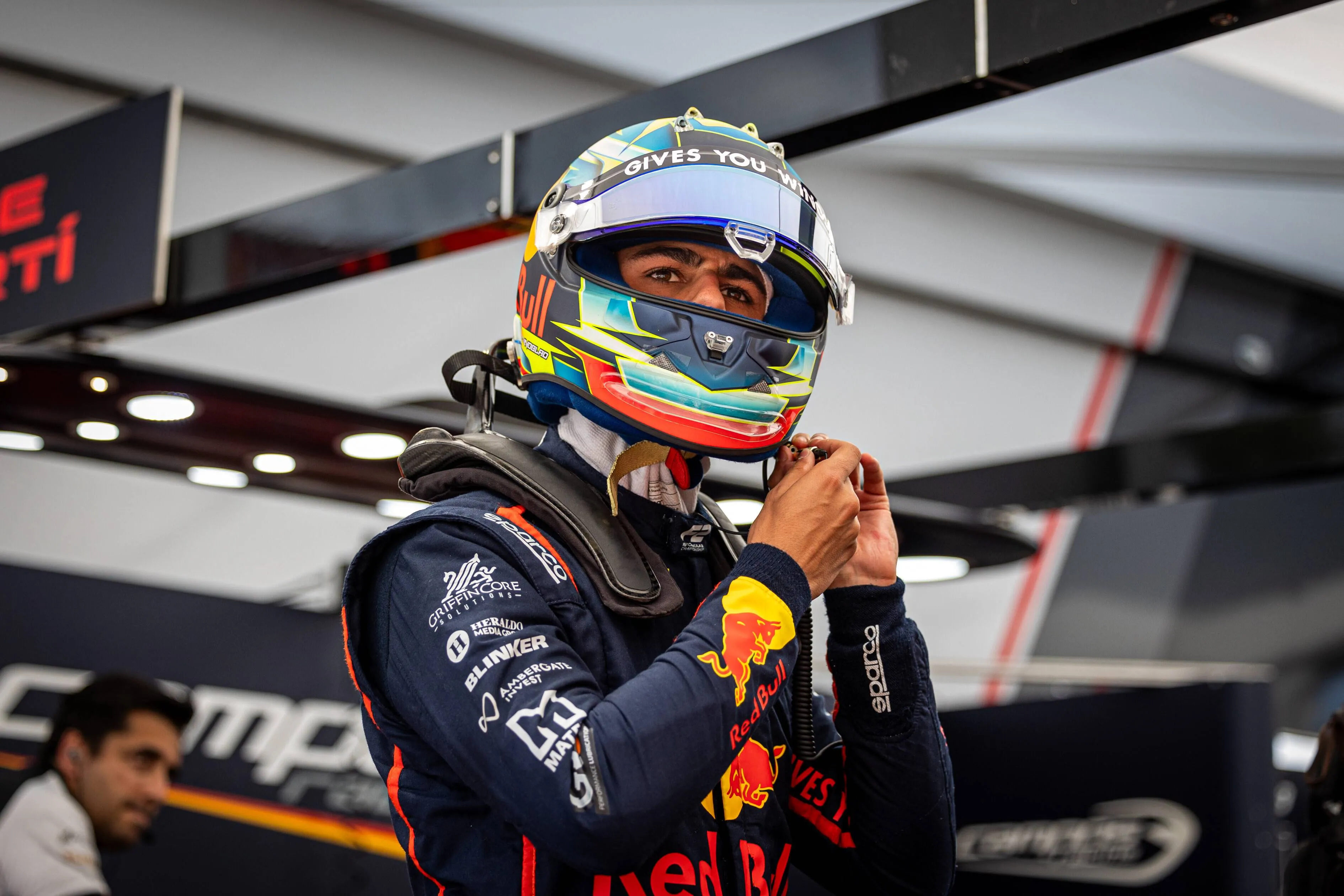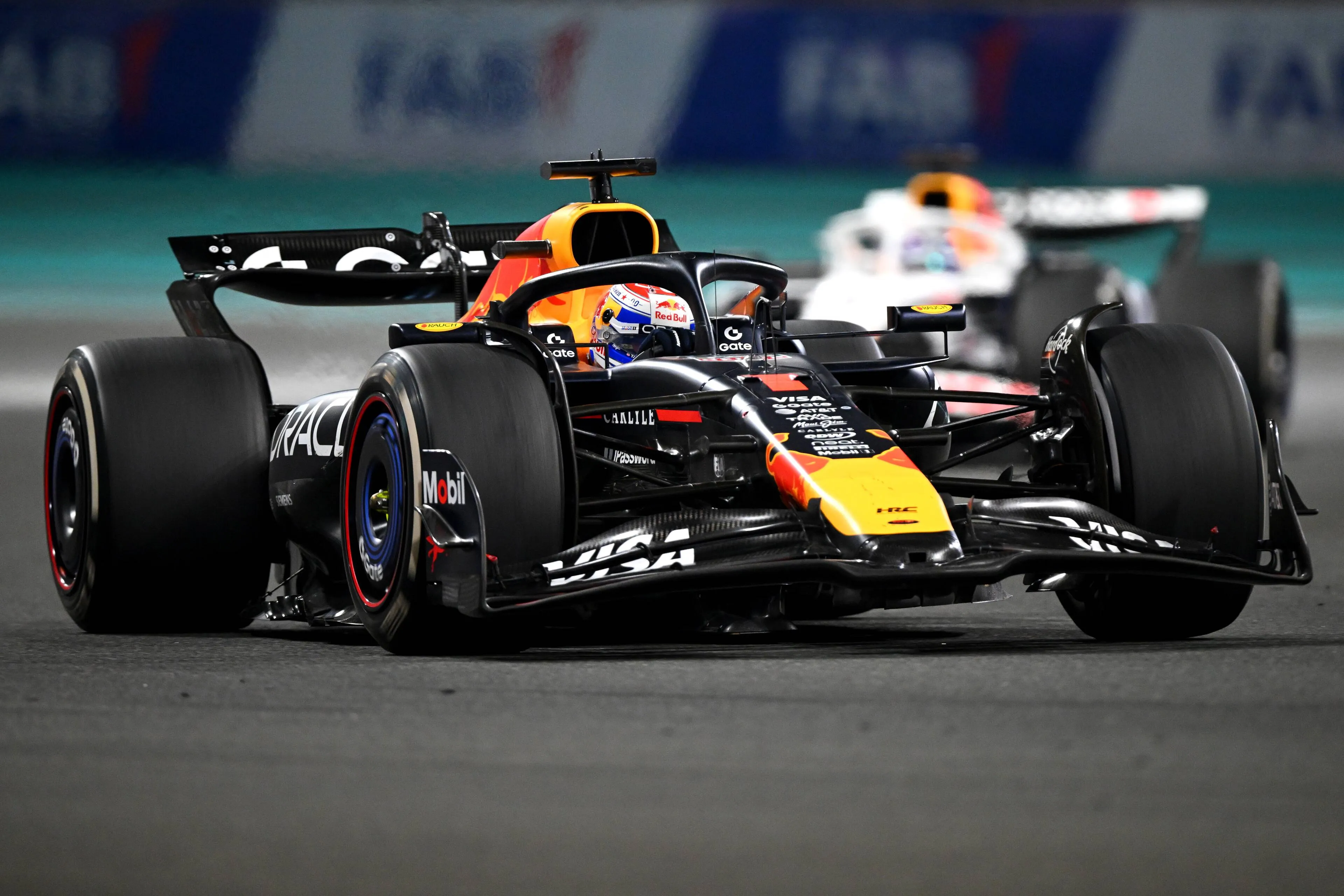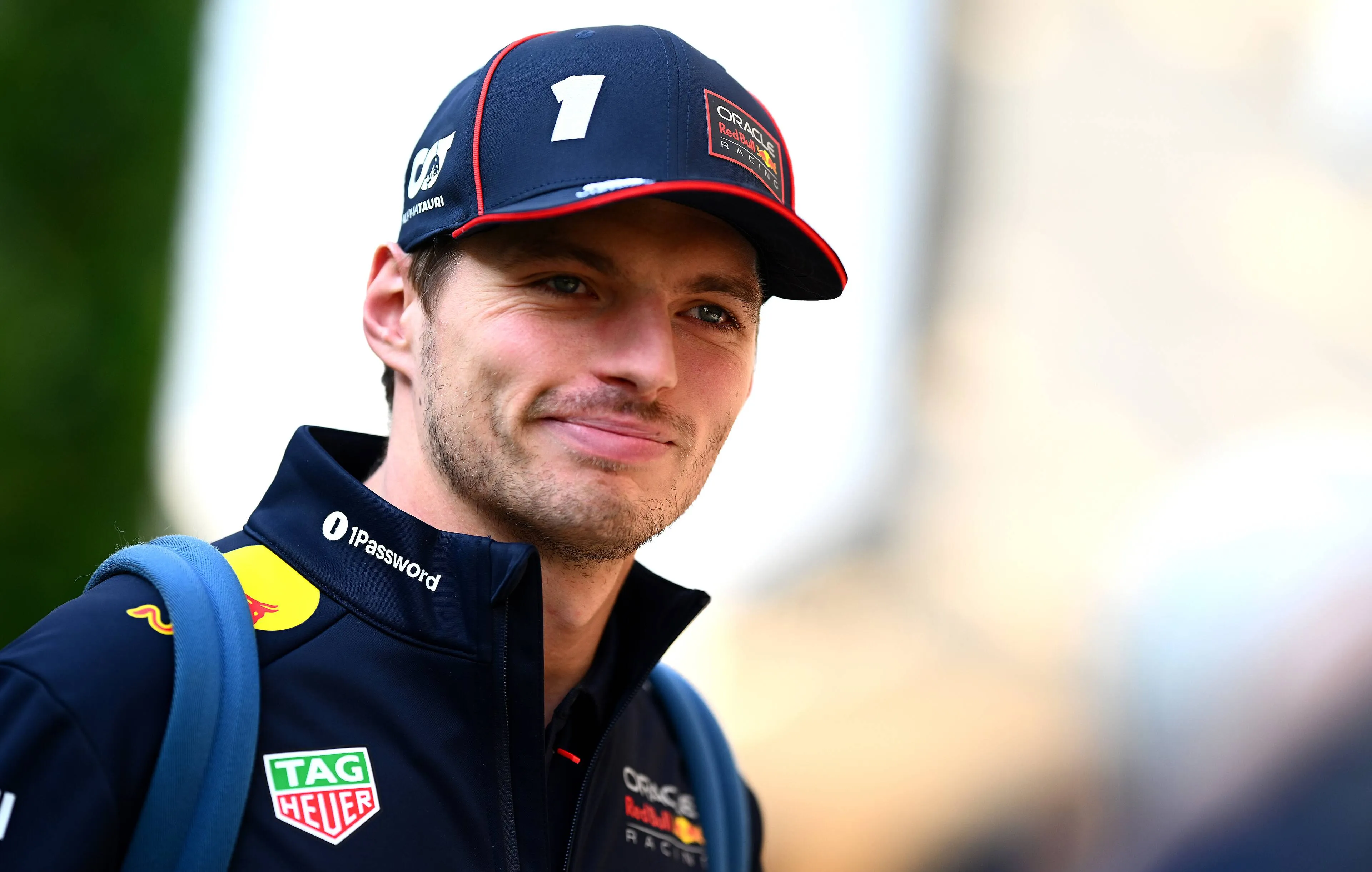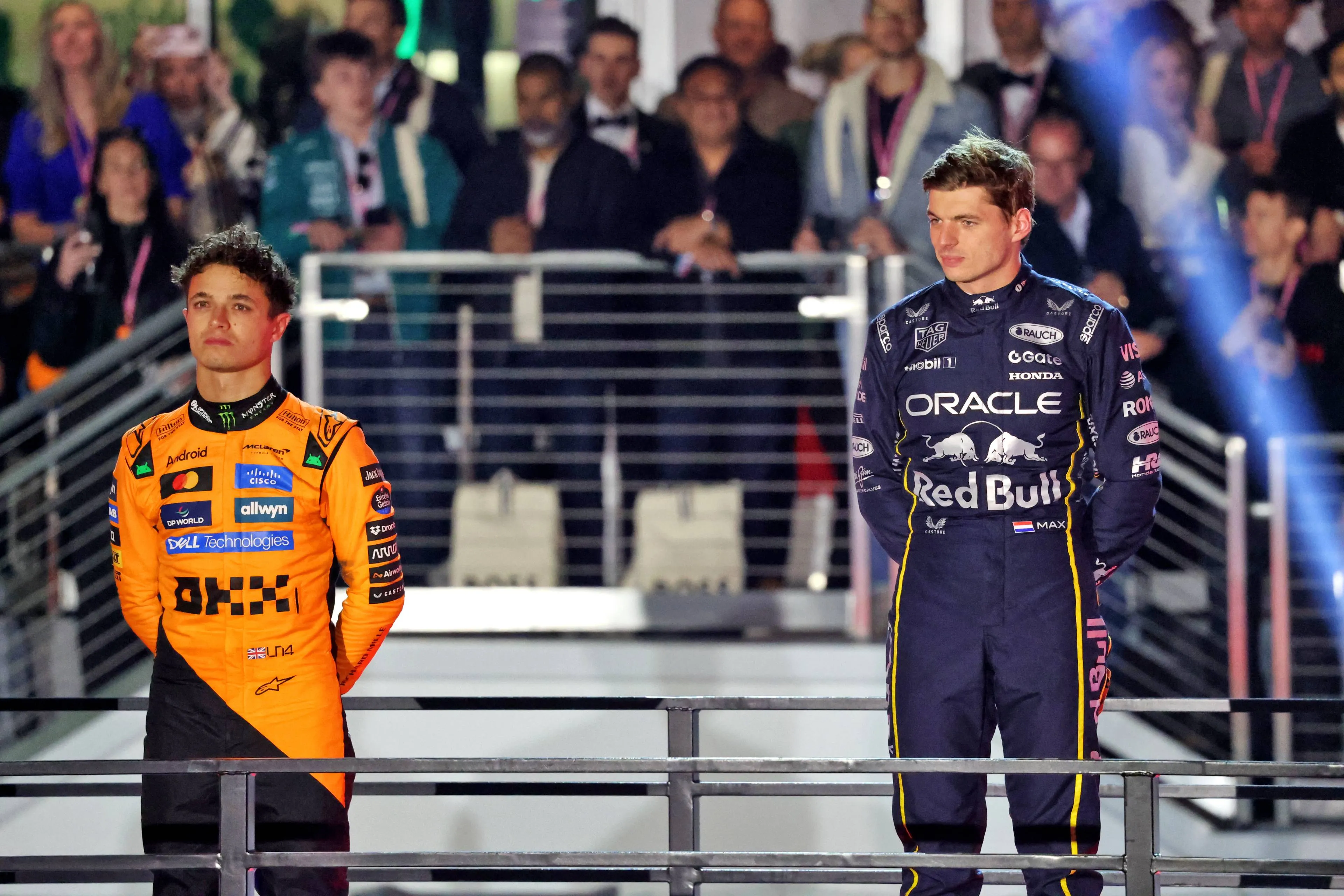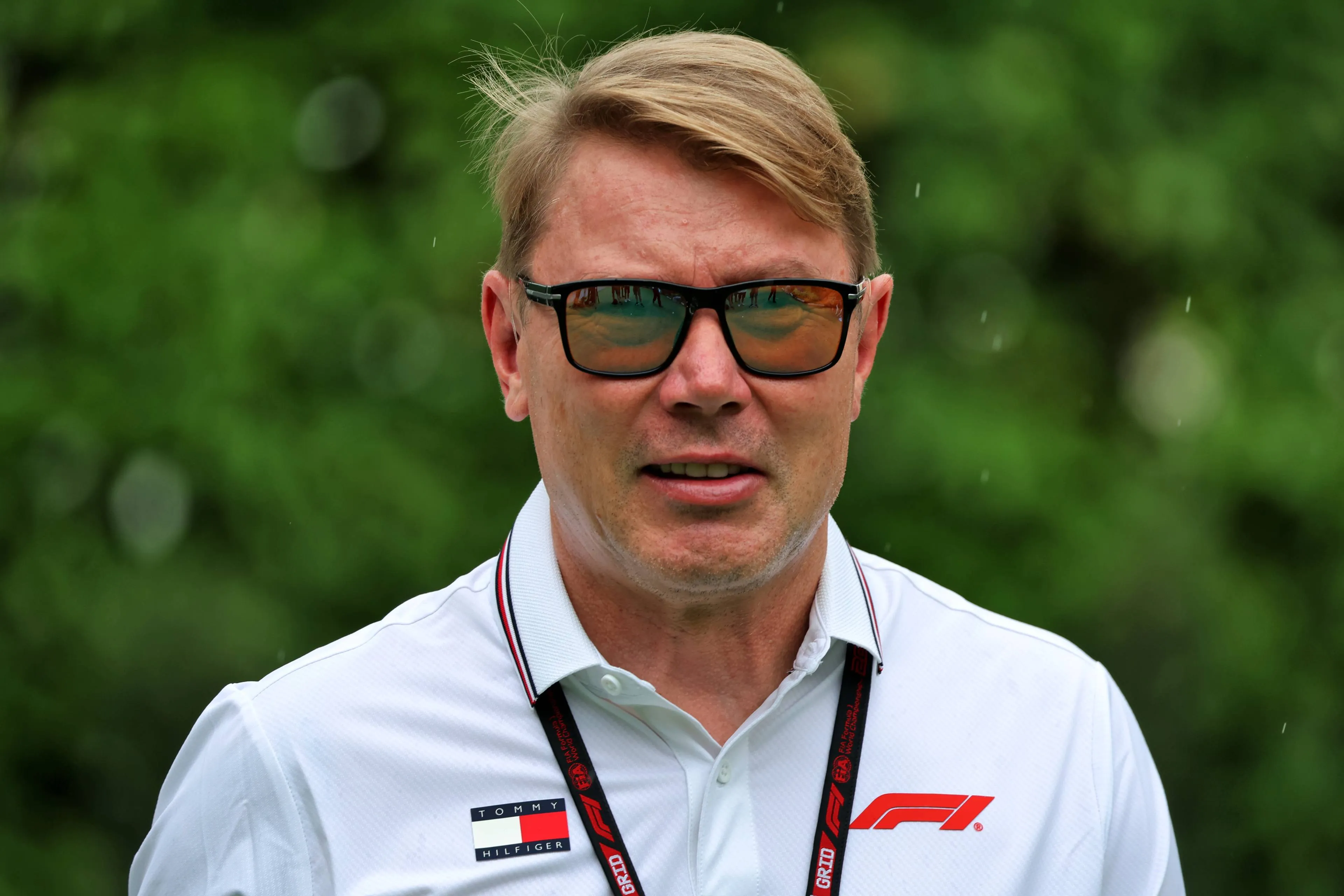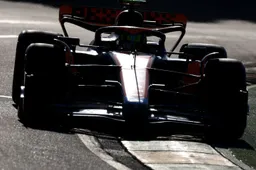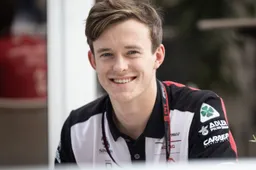How to scout a talent? 'Motorsport can be a bit vicious sometimes'
20:00, 15 Apr 2023
0 Comments
For the likes of Lance Stroll, Lando Norris, Yuki Tsunoda, Robert Shwartzman, Richard Verschoor, Liam Lawson and Zhou Guanyu, M2 Competition paved the way to the top in motorsport. The New Zealand/Belgian team's list of success stories is long. Like no other, owners Jonathan Moury and his compagnon Mark Pilcher know how to discover the rough diamonds among the world's many drivers.
Making an appointment with Moury isn’t easy. When he is not commuting between New Zealand and his home Belgium, Moury can be found somewhere on a circuit or kart track anywhere in the world. Always on the lookout for new talent. Once working for BMW and in DTM, Moury and his team have now become one of the most influential instructors in motorsport.
‘Never worked so hard in my life’
For a driver, driving for M2 Competition is almost a guarantee of a successful career. How different that was in late 2010, the time when M2 Competition was a new, ambitions racing team. “The total staff was eight, including the drivers”, Moury looks back with GPblog. “At the time I was working for Status Grand Prix, who was in GP3 (now Formula 3). We had a deal so they would send their drivers to the Formula Regional Oceania Championship with us. And we did that season to start with, which was good fun, but very different of how we operated compared to now. It was the first time I told my family: ‘I’ve never worked so hard in my life’. Because we were so new, we had to borrow a lot equipment here and there. It was very low-key, low level, but it was good.”
Slowly, the team grew. The drivers who drove in M2 Competition's cars became more and more talented. “It's a lot of networking. Being in New Zealand is a bit easier, because you have the whole year to find the drivers [on other continents and in other series outside of New Zealand]. I was going to every racetrack possible in Europe, trying to get in touch with people. It was mainly hard work and we had to make financial sacrifices as well. Obviously, they paid to drive and, and we didn't have the credentials at the time. So, we had to be cheaper and try to get them to accept to race for us. Once we had won the series, it became a little bit easier because you have the credentials.”
Slowly, the team grew. The drivers who drove in M2 Competition's cars became more and more talented. “It's a lot of networking. Being in New Zealand is a bit easier, because you have the whole year to find the drivers [on other continents and in other series outside of New Zealand]. I was going to every racetrack possible in Europe, trying to get in touch with people. It was mainly hard work and we had to make financial sacrifices as well. Obviously, they paid to drive and, and we didn't have the credentials at the time. So, we had to be cheaper and try to get them to accept to race for us. Once we had won the series, it became a little bit easier because you have the credentials.”
The three important aspects
In DTM, Moury learned what skills talents needed. “There are three aspects in racing these days, it's the money side of things, which is the biggest thing. And this, this has grown over the past 15 years. There's the talent and then there's the growth and the hard work. And usually a driver has two out of three, then there's a chance you can make it. Three of three, that for sure is a golden opportunity, but most of the time you have you have two out of three.”
M2 Competition works quite early in the motorsport chain. After karts, the team is often the first station in the single seaters. Structure in motorsport is then often lacking for many young talents. “There is a lot more information,” said Moury. "They go out of their comfort zone of karting. Stepping into the car is something different. They’re teenagers, sometimes they're not organized. They turn up without their helmet or, you know, typical stuff. But these little things make a big difference. And the racing has changed dramatically in the past twenty years. Now a lot of drivers that want to perform need to turn up with a manager, a driver coach; at least one person to help them get organized. Our philosophy is that we have to guide them. It's a team sport, whichever way you look at it, there's only one person at the end of it."
Mental game
Motorsport these days is more than putting the gas pedal down to the bottom. It is also a tough mental game. Lando Norris, a former pupil of Moury, revealed not long ago that he had struggled with the immense pressure on his shoulders during his first years in Formula 1. “Lando has opened up with mental health in the press and that was good,” believes Jonathan Moury.
“Like if you drive for Red Bull, for example, or a manufacturer, you will be under constant pressure like this all the time. You have to get used to it. You have to deliver. This is part of the job now. The one difference to football is that it is a team sport, but with an individual outcome. So, if the individual doesn't perform, he will be the one suffering from it all and getting the sack. And it happens from an early age, but it remains with them for their entire career. It eases off a bit once you are in endurance racing, because there are three drivers, sometimes four in the team. So, it’s a very different approach.”
Pressure causes dropouts
The constant pressure to perform makes some talents drop out. Moury, too, has seen them: good drivers, who lost the fun in what they do and therefore failed to explore their potential. “I can fully understand that it's not for everyone. It can be a bit vicious sometimes. I can understand why some of them drop out at an early stage. I think it's better early than late as well, because some drivers don't want to or don't want to see it - or some fathers sometimes don't want to see it - and they go all the way and waste a lot. They stop their studies in school. Then they stop at a later stage and it's so hard for them to get back into something else. This is another thing where it's yeah, it can get quite difficult.”
All in all, it seems like Moury is a father figure to his young drivers: “I don't know. Maybe. In our team we put the emphasis on the driver well-being and make them feel comfortable within the team. And some drivers have a tough time in New Zealand, because it's condensed, and they arrive with high expectations while they're not quite ready. Father is maybe a strong word, I'm not part of their family. I rather think what we do is give them some sort of guidance.”
Read more about:
Popular on GPBlog
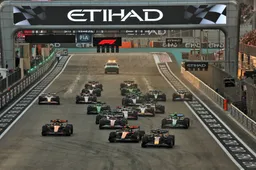
1
How qualifying elimination format will change in 2026 with expanded F1 grid
5919 times read
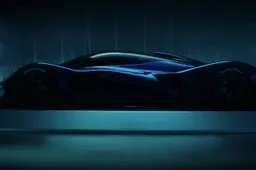
2
Final version of Adrian Newey’s latest Red Bull masterpiece unveiled
2147 times read

3
Kelly Piquet posts Verstappen showing the ocean to daughter Lily
1440 times read
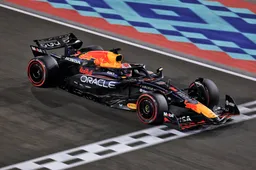
4
Key Red Bull Racing figure begins new job at rivals McLaren
1233 times read
Loading


